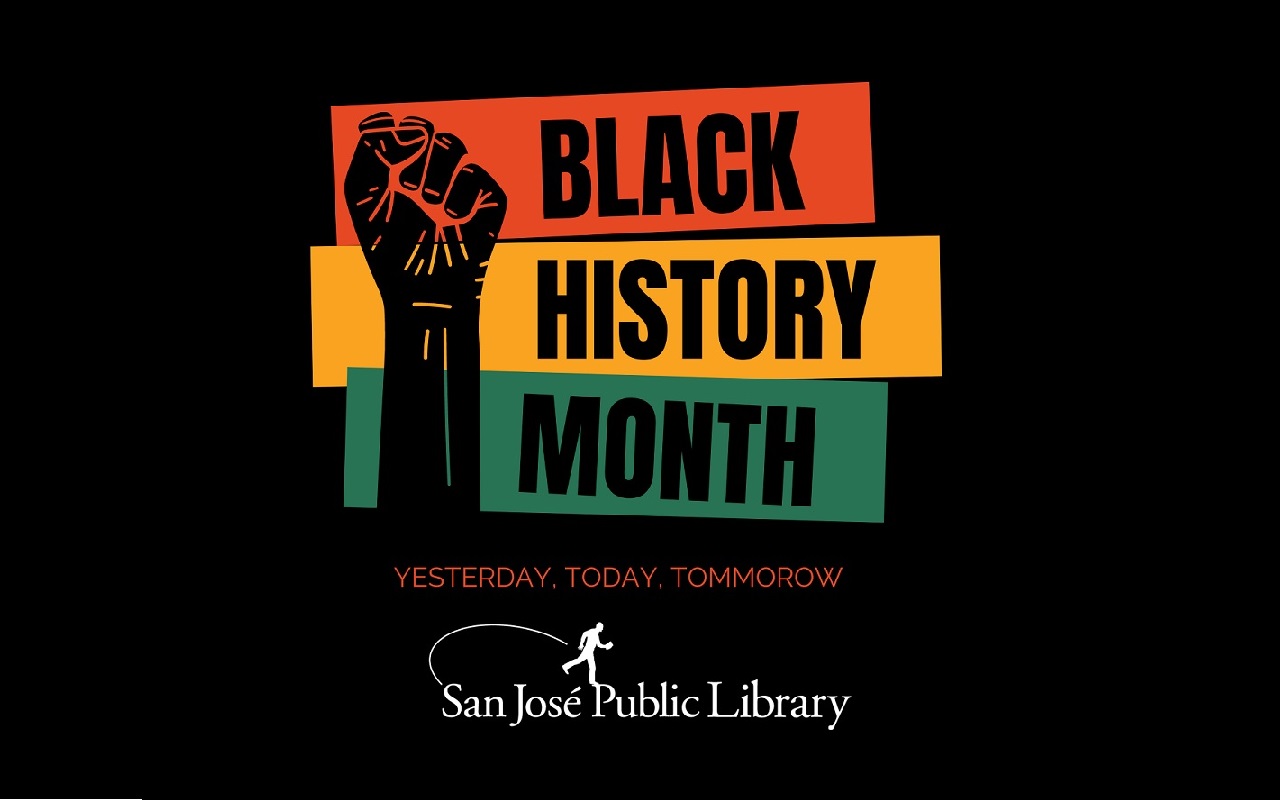
When I was a little girl, when I was not attending church with my parents, I would go to church with my grandmother. Now the church that my grandmother attends was one that was founded by my great-great grandparents. I will say that as a child who was used to Catholic church, I was not ready for the gauntlet that is “Black church”. To put it mildly, it can be an all-day event.
However, one of the joys of going to church with my grandmother and starving all day was seeing the beautiful hats that the ladies would come into church wearing. Catholic church, even a majority Black Catholic like my own home parish, had a more relaxed dress code when it came to what was and was not to be worn on Sunday. I would sit there listening to my grandmother throw shade at everyone in attendance while taking in the large flamboyant hats and think to myself, "one day that will be me."
Cover Your Head
It is believed that the verse 1 Corinthians 11:15, attributed to the Apostle Paul, implied that women should cover their heads during worship. Enslaved women had very few opportunities for any form self-expression. However, Sunday services were not only a place where you could find respite from the harsh realities of enslaved life but places where you could have a leadership role and generally find hope. These enslaved women with limited resources would often add ribbon, flowers or do decorative knots to give themselves a sense of not only formality but freedom. These enslaved women took to heart trying to “catch God’s eye”. They may have also embraced this due the fact that African rituals, ceremonies and tribal communities use head coverings and elaborate hair styles as part of daily life. This push for individuality, beauty and nonconformity by these bondswomen may have been the start of the deep connection Black women have to the church and the foundations of the Civil Rights movement as slavery, the Black codes and Jim Crown were designed to limit Black life and Black joy. I also see the connection of these physical crowns to the metaphysical crowns sung about in many of the Negro Spirituals I shared with you early in the month.
This tradition of hats evolved in Black churches and gave Black women a “crown” and a freedom from conformity and oppressed expression that was and is still often denied them in other spaces. Additionally, these hats were and are seen as status symbols in the Black community as some of these hats can run up to $100s to $1000s of dollars today. Furthermore, many women own more than one hat and a coordinating suit or purse. To put it in perspective it’s like watching people dress for Derby every Sunday. Though I will say for the record the Sunday after Derby in Louisville, in a Black church is a sight to behold equal to Easter, Mother’s Day and the church’s Woman’s Day.
Crowns
My grandmother does not wear church hats, though she has a collection of leather rolled caps, wool skull caps and bell hats. Furthermore, my mother had lovely wavy corkscrew red hair that she hated to cover up after she learned to embrace her texture after being scarred by living through the 60s and not being able to achieve an afro. I myself also do not wear hats as I genuinely can’t stand the heat of a hat for longer than a couple of hours and prefer to spend my money on interesting shoes. However, I think what I wanted when I was a little girl looking at those women was not the actual hat but the confidence, respect, and bold audacity those woman had to have to wear a shocking pink suit with a matching hat covered in pink plumes of feathers. It was a time I saw Black women be boldly free to be themselves when we often must conform to fit into a society that also consciously rejects us for trying to do so. It was something I saw my mother become before she passed away and what I see in my grandmother - the strength to embrace who they are as Black women.
I believe that all women have inner strength. I also believe we should all be able to express who we are and be authentically ourselves. Unfortunately, that is not the reality for many women of all races and ethnicities in our communities. So, I ask you to champion the women in your communities especially Black women and women of color.



Add a comment to: Celebrate Black History Month: All Women Wear Crowns